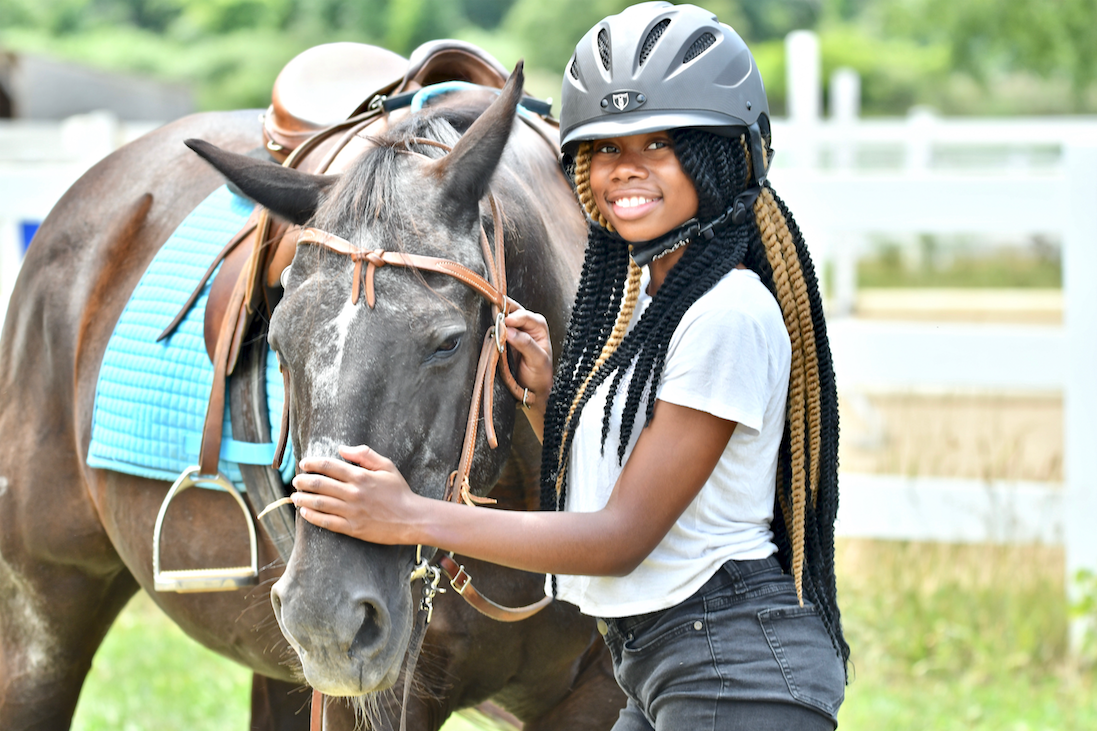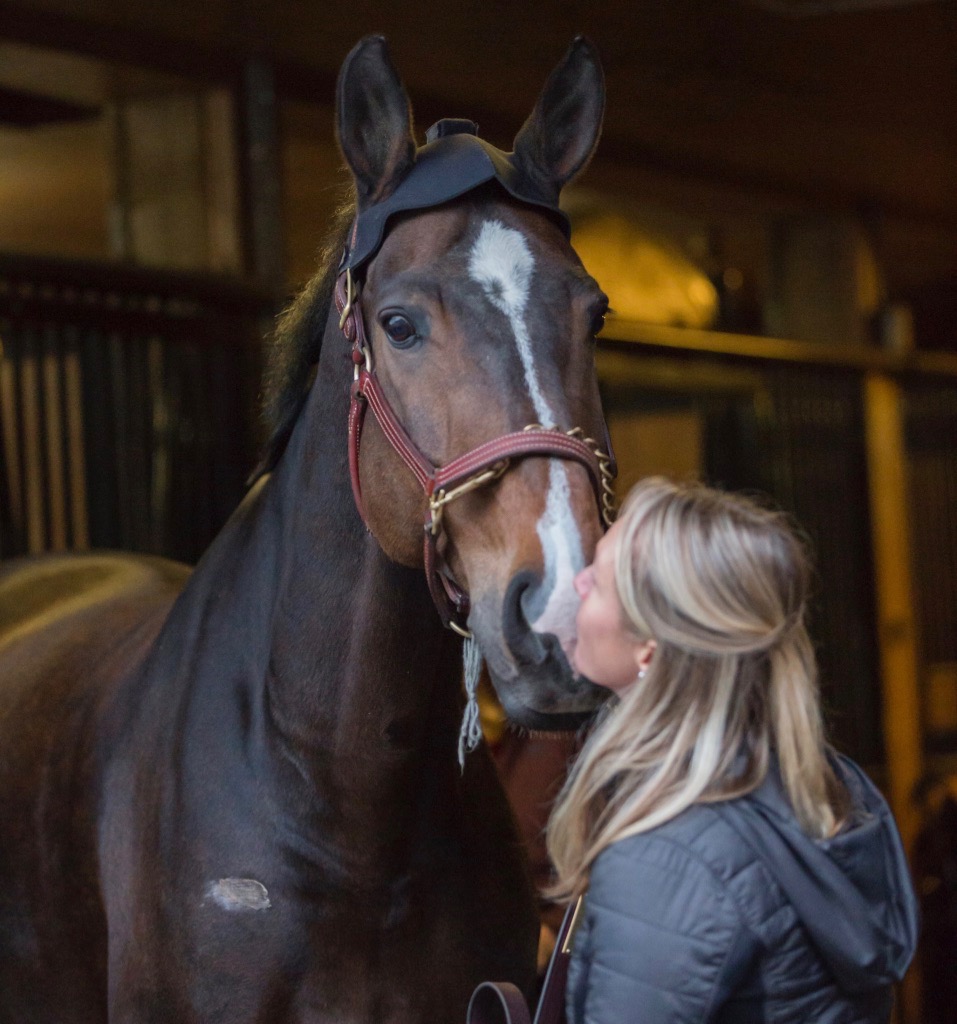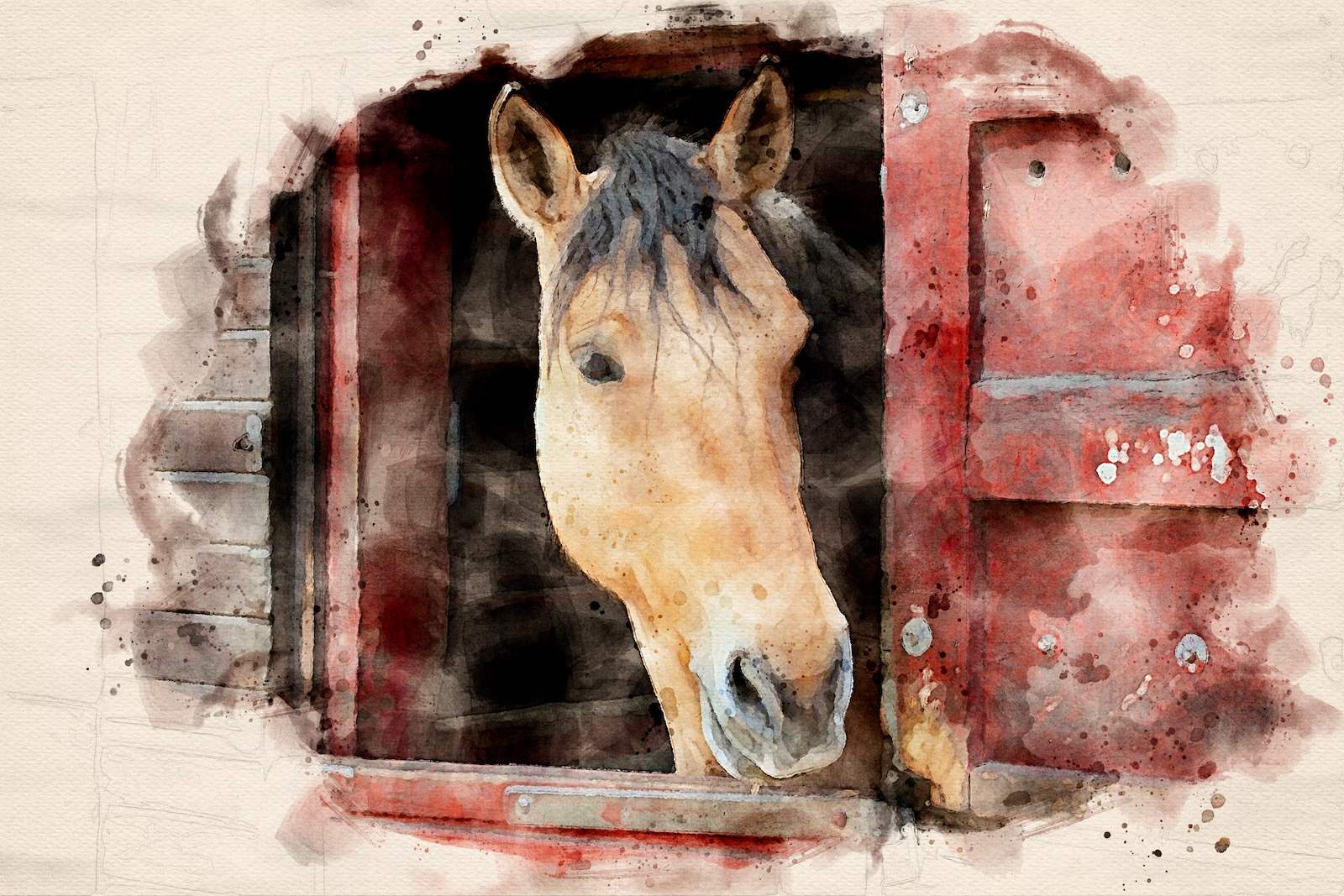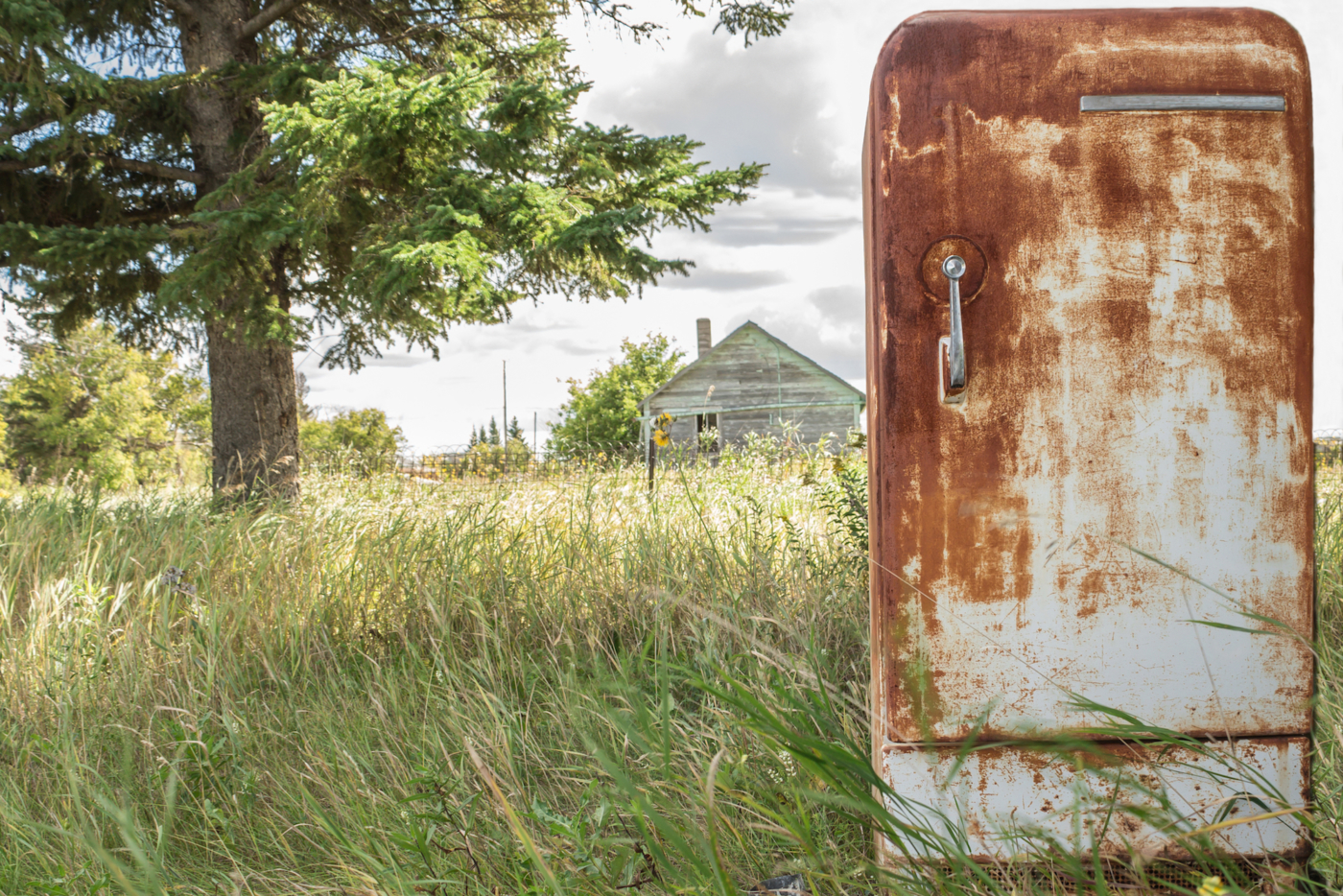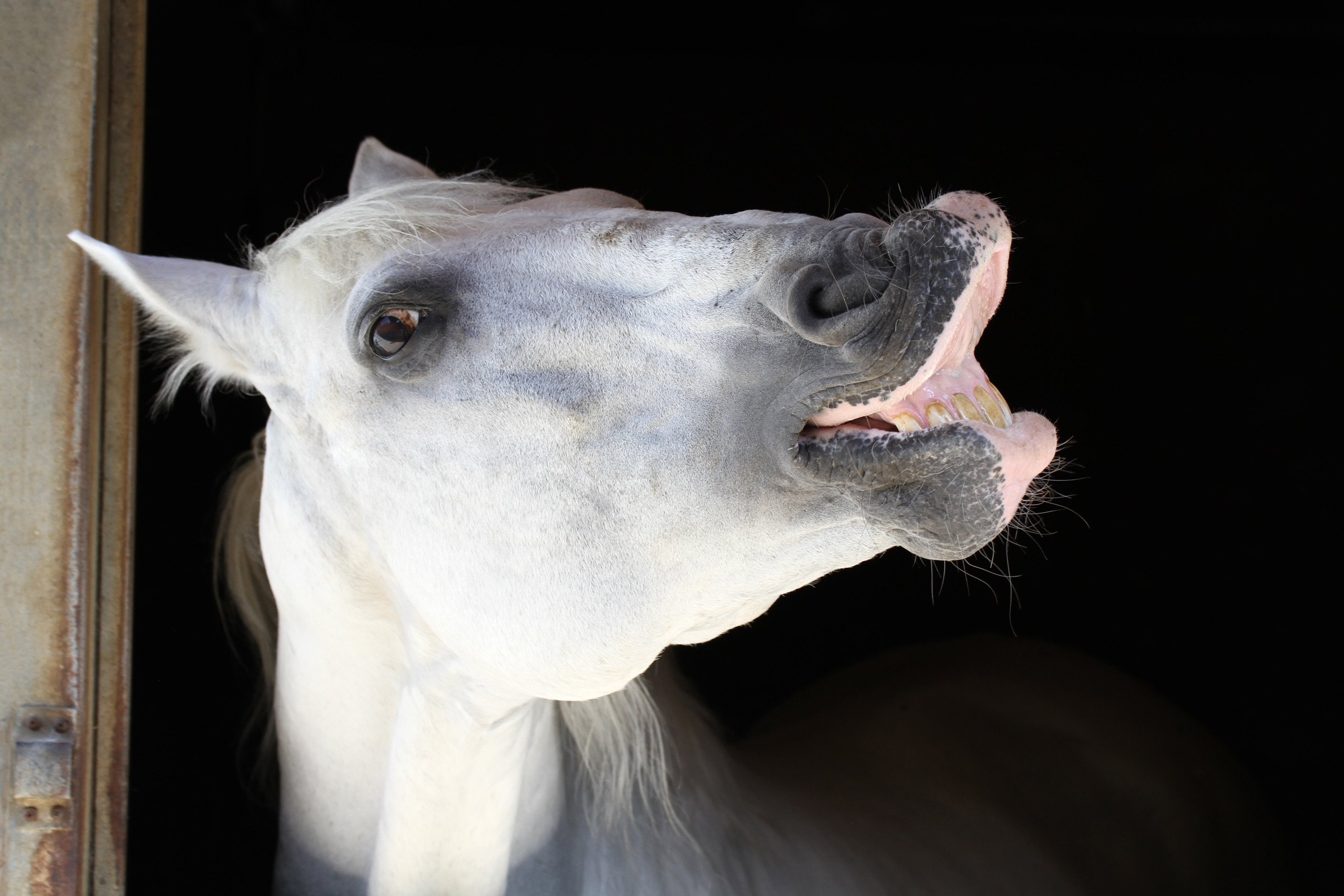Every rider knows that any bad day can be resuscitated by throwing a leg over a saddle. The understanding that horses possess an intangible element of healing is part of the equestrian code, but you don’t have to take our word for it.
The benefits of routine equine interaction have long been proven to promote physical and mental health in children, sufferers of PTSD, and those with various limitations. Additionally, the basics of horsemanship can be applied to everyday life, empowering one with tools such as humble confidence and a sense of responsibility. This is the very philosophy that motivated Three-Day-Eventer-turned-elementary-school-teacher, David Silver, to create Detroit Horse Power, a non-profit organization dedicated to broadening opportunities for kids from urban settings through access to the equestrian avocation. The program has demonstrated the power to keep kids in school, improve grades, bolster self-esteem, and positively affect emotional development.
Yup, it’s true. Ponies can do all that.
We found David’s journey heartening, so we asked him to share what inspired him to take the first step, and to give us a glimpse inside his barn of life-change. Because these days we can all use a feel good story, especially when it’s for the kids.

I grew up riding as a Three-Day Eventer but took a step back from horses to make the most of college, and that led me to become an elementary school teacher in Detroit. I was moved by the research on how character development influences success in school and in life. As I was working to develop confidence, perseverance, empathy, and more in my students, it made me reflect on how I developed those character skills. Horses were consistently the answer. So I decided to leave teaching after two years to give kids like my students the positive youth development opportunities that I was privileged to have in my formative years.
You’re from New York, so why Detroit?
Teach For America brought me to Detroit. I had never been to Michigan before they placed me here, and I feel so lucky because Detroit is home now. I feel a strong connection to the city and am grateful every day that I get to combine what horses taught me with my passion for opening up doors for kids in the city.
Tell us how DHP is different from other equine therapy programs.
Detroit Horse Power works with at-risk urban youth to foster five key social-emotional traits: confidence, perseverance, empathy, self-control, and responsible risk-taking. We selected these traits from research on character development and how horses can uniquely influence these personal growth pathways. Our summer camps and after-school program teach riding and horse management as a way to develop the success skills that our students will take with them in their career with horses and any other challenge they experience in life.
Has recruiting children and families been difficult?
We’ve never been able to keep up with the demand for the programs we offer. Families have been eager to sign their children up because horseback riding is not traditionally available to kids growing up in the inner-city. We provide meals and transportation. All our programs are free, thanks to our generous supporters and partners.
 What is the ideal age to start exposing kids to such an environment?
What is the ideal age to start exposing kids to such an environment?
We work with students as young as 7-years-old. Of course, children can begin interacting with horses at a younger age, but conversations about character development look so different at a younger age that we have focused on upper elementary, middle school, and high school students.
Give us some context regarding what even the simplest donation to DHP can do?
A small contribution can go a long way. In college, I was part of an organization with the motto, “Raindrops fill lakes.” It’s powerful what can be accomplished when people work together for the common good. When you make a gift, whatever the size, be sure to spread the word to your community. Raising awareness and spreading the word are crucial for nonprofits like ours. Let others know what resonated with you and they might like to get involved too. I’m a huge believer in the power of putting good energy out there because I’m always amazed with where it can go.
Can you imagine replicating this model in other cities across the country?
There are phenomenal urban riding programs in other cities like Philadelphia and Los Angeles that I have learned a lot from. I think our model is unique and might be interesting to others out there. It’s exciting to get calls from others around the country that want to learn from what DHP is doing. I think we’re in a special place here because of the amount of vacant land Detroit has. We’re moving forward with an 18-acre vacant land site that will hopefully become the future home of our urban equestrian center. Detroit is able to pursue this on a scale that most other cities can only dream of. I think there is always the possibility to replicate, but more likely by sharing information and forming a network of urban riding programs. I’m pretty focused on Detroit right now.
What has been a memorable highlight of this journey?
A highlight on this journey has been getting to watch students who I taught at Burns Elementary/Middle School stay involved with our growing horseback riding camps and take on greater leadership in our program. When kids who have learned from Detroit Horse Power are able to become teachers of the students who come behind them, that will be the true marker of success and leaving an impact. That, and realizing the vision of the new urban equestrian center on vacant land within Detroit’s city limits.
Be a raindrop in the lake! If you are moved enough to donate to Detroit Horse Power, simply click the button below. To learn more, discover ways to volunteer, or host a fundraising event in your area, visit www.detroithorsepower.org.


